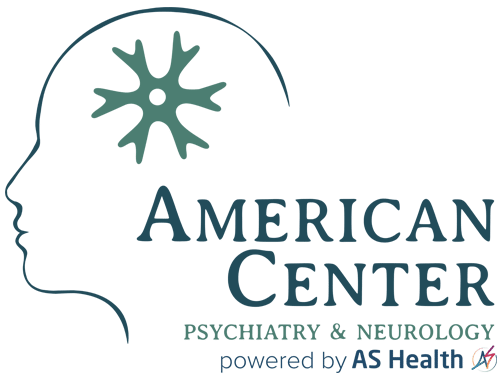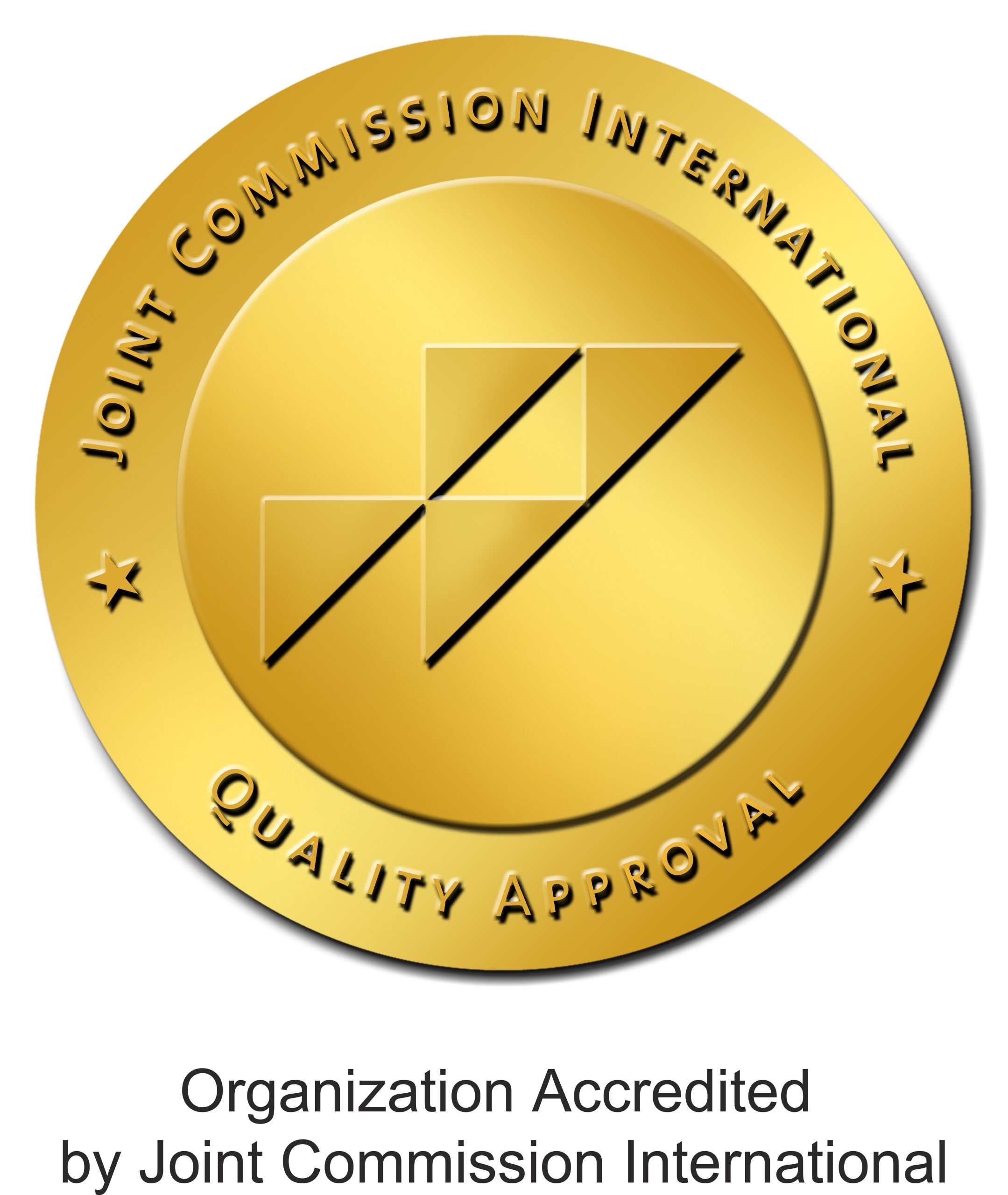Parents are often concerned when their children have challenges learning at school. A common cause for this is learning difficulties. They can be hard to detect as there are usually no physical clues that help identify the problem. Here’s what every parent should know about learning disorders in children.
A learning difficulty is a generalized term that is used to describe a child’s otherwise unexplained difficulty with academics-related skills such as reading, writing, reasoning ability, and problem-solving. The consensus among experts is that it is caused by a problem with the nervous system and there may also be a genetic predisposition.
Learning difficulties include specific diagnoses such as dyslexia (reading disorder), visual-motor or perceptual deficits, auditory processing disorder, dyscalculia (problems with math skills), and dysgraphia (writing). However, these problems are not caused by physical conditions such as blindness, hearing loss, psychological problems, or social problems.
Conditions that often co-exist with learning difficulties but are not classified as such include attention deficit hyperactivity disorder (ADHD) and dyspraxia (problems related to motor skills).
Sometimes, a child may have more than one learning difficulty or co-existing condition such as ADHD and the symptoms of one condition may be masked by the other, making accurate diagnosis difficult.
Learning difficulties in children are often discovered at school, but their effects extend far beyond the classroom walls. Children may become frustrated, act helpless and become withdrawn, or become angry. This can lead to emotional problems that can negatively impact their family and the quality of the child’s life.
Children with learning difficulties can benefit from extra help and specialized attention that can enable them to successfully cope with their learning difficulties. The earlier a condition is identified and treated, the better the outcome of treatment will be.
Here are some important red flags to watch out for at different stages in a child’s life:
Preschool Age:
- Slow language development
- Difficulty with understanding, speaking, or communicating thoughts
- Problems with following instructions, routines, and memory
- Poor motor development and coordination
- Slow to interact with other children
Elementary School:
- Problems with letter and word recognition
- Trouble forming letters and numbers
- Problems with spelling and grammar
- Difficulty with remembering facts
- Difficulty organizing notebooks and materials
- Not understanding oral instructions
- Trouble in expressing opinions and feelings
- Difficulty with reading
- Difficulty with writing
- Difficulty with understanding and solving simple math problems
Middle School:
- Difficulty understanding what is read, writing content, and math concepts
- Difficulty with organization of complex tasks
High School:
- Difficulty with reading assignments, papers, and complex math problems
- Increased difficulty with organization, learning, and independent tasks
An important first step in managing learning difficulties is to correctly diagnose and understand how the condition can affect the child’s ability to communicate, acquire self-help skills, interact with others, and become independent and more self-reliant. A comprehensive evaluation by a highly qualified and experienced child psychiatrist can help identify all the issues affecting the child. The evaluation may include talking with the child and parents, reviewing educational testing done at school, and consulting with the school.
Although learning difficulties cannot be fully treated, appropriate interventions can be implemented to help children successfully overcome their unique challenges at school to grow up to lead productive and independent lives.
The American Center for Psychiatry & Neurology is a premier medical facility focusing on providing you with the highest quality primary and specialized medical care and health education services. By combining compassion with experience, we are committed to providing quality, comprehensive healthcare services within a friendly and comfortable environment. For all appointments & inquiries, please call 800 ACPN (2276).

Dr. Emad Farrag
Consultant Child and Adolescent Psychiatrist
Abu Dhabi



